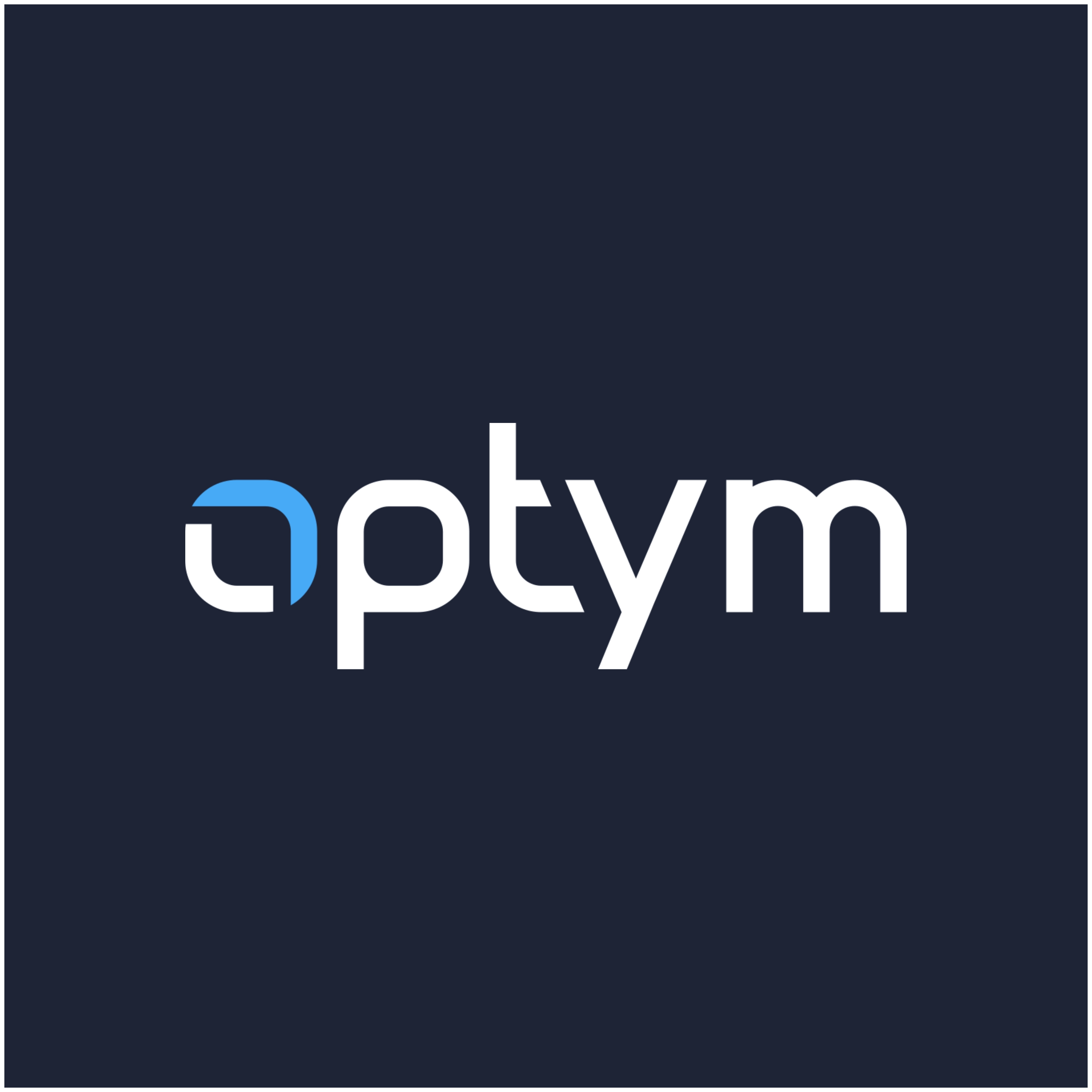Revolutionizing Logistics with IoT and Tokenization: A Deep Dive into the Future
Revolutionizing logistics with IoT and tokenization—this core theme forms the crux of exploration in the latest episode of Semi-Related, an Optym Podcast. Host Chris Torrence, Chief Strategy Officer for Optym, engages with Todd Haselhorst, Founder/CEO of HEALE Labs, in a conversation that promises to reshape our understanding of the logistics industry.
In this episode, Haselhorst discusses the transformative impact of the Internet of Things (IoT) and tokenization on logistics with his unique blend of economics, game theory, and entrepreneurial spirit. From his early days as a football player at the University of Kansas to leading logistics technology, Haselhorst’s journey is a testament to innovation and forward-thinking.
Key discussion points include:
- The critical role of IoT in enhancing logistics operations
- How tokenization could redefine data integrity and standardization in logistics
- The vision behind HEALE Labs’ open-source network, poised to revolutionize the logistics sector
Haselhorst’s insights into the potential of Web3 and tokenization in logistics are thought-provoking and indicative of the industry’s readiness for a technological leap. This episode is a treasure trove for logistics and tech professionals, offering a peek into the future of logistics driven by groundbreaking technologies.




